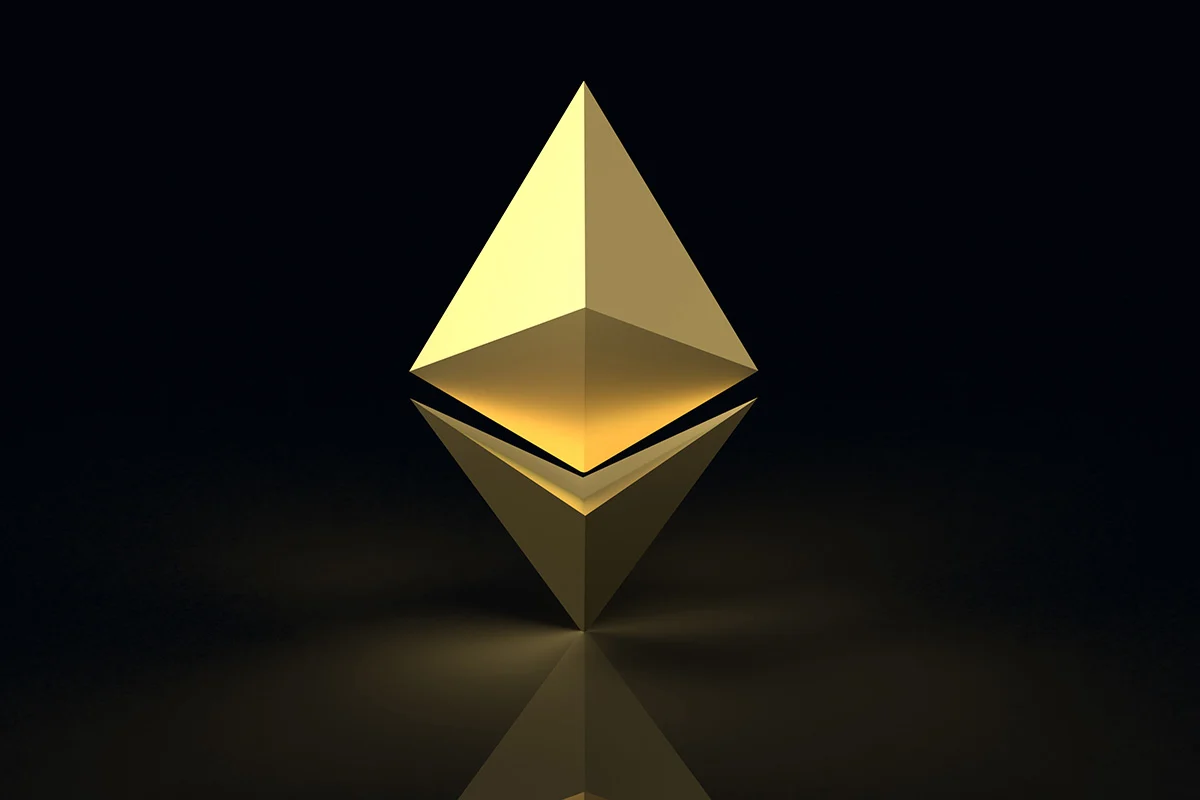TLDR
- Samson Mow believes $6 billion from Korean retail investors propels Ether’s price.
- The Kimchi premium reflects growing demand from South Korean traders for Ether.
- Ether’s price momentum is partly driven by Korean retail capital, says Mow.
- Korean exchanges Upbit and Bithumb are crucial in Ether’s price movement.
Samson Mow, CEO of Bitcoin technology company Jan3, recently made claims that South Korean retail investors are significantly influencing the price of Ether (ETH). According to Mow, the momentum pushing Ether’s price upwards is primarily driven by roughly $6 billion in capital from retail investors in South Korea.
Mow’s warning, issued in a post on X (formerly Twitter), suggests that the influence of these retail investors could cause Ether’s current price levels to be unsustainable. “ETH influencers have been flying to South Korea just to market to retail. These investors have zero idea about the ETHBTC chart and think they’re buying the next Strategy play,” Mow said. His message cautioned that this trend may not end well, suggesting that the market may be driven by speculative investments rather than fundamentals.
South Korean Exchanges Impacting Ether’s Price Movement
In recent months, South Korea’s cryptocurrency exchanges have been significant contributors to Ether’s price movement. Major exchanges like Upbit and Bithumb dominate the South Korean market, and they see considerable trading volume from retail investors. Upbit, for instance, ranked as the 10th largest exchange for Ether futures trading, with over $1.29 billion worth of trading volume in the past week alone, according to CoinGlass data.
Crypto futures trading typically exceeds spot trading volume, meaning it has a larger influence on the price of the underlying asset, such as Ether. This trend is particularly relevant in the case of South Korea, where futures trading is becoming increasingly dominant.
Kimchi Premium Signals Rising Demand from Korean Investors
One of the key indicators of the growing interest in Ether from South Korean retail investors is the “Kimchi premium,” which measures the price difference between cryptocurrencies on South Korean exchanges and others. Recently, the Kimchi premium for Ether rose to 1.93, a noticeable increase from -2.06 in mid-July. This surge points to rising demand for Ether on South Korean exchanges compared to global markets.
The premium occurs when the price of a cryptocurrency, like Ether, is higher in South Korea than in other regions. This trend is a clear sign of growing retail investor engagement in the country. However, experts caution that this demand could be unsustainable in the long run, particularly if driven by speculative trading.
Broader Market Influences on Ethereum’s Price
While Mow’s assertion highlights the role of South Korean retail investors, other industry experts suggest that the Ethereum network’s price momentum is influenced by a diverse group of global participants. Marcin Kazmierczak, co-founder of RedStone, notes that attributing Ethereum’s price to South Korean investors alone significantly overlooks the broader market forces. Kazmierczak emphasizes that Ethereum’s value is supported by a wide base of investors, including US institutional investors, corporate treasuries, and the decentralized finance (DeFi) ecosystem.
Despite the growing influence of South Korean capital, Ethereum’s strength is attributed to its “borderless nature,” which allows it to attract investment from around the world. While South Korea plays a pivotal role, global institutional participation continues to be a critical factor in Ethereum’s overall price movement.






